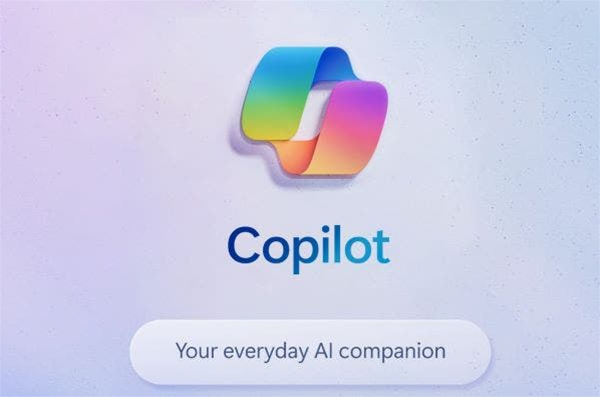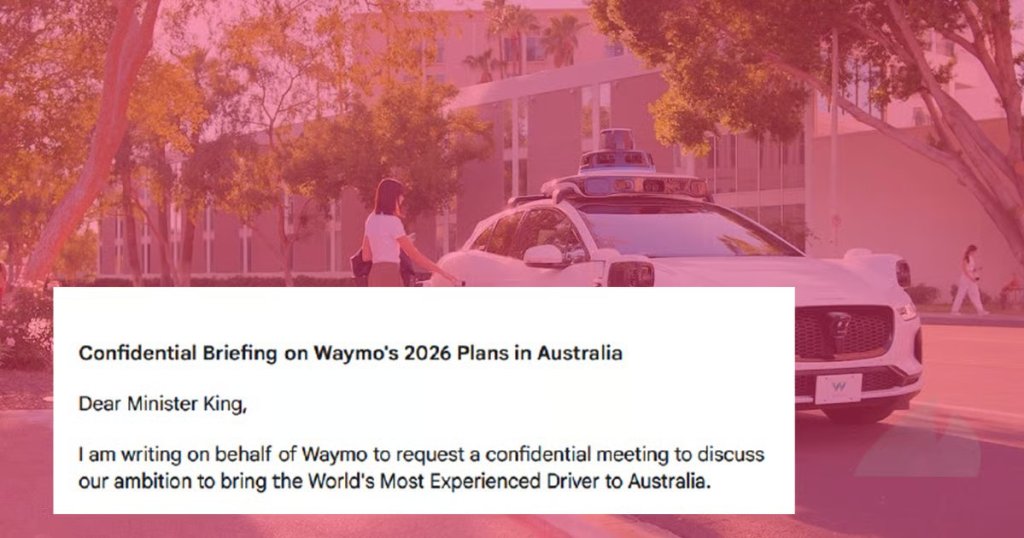- Electric vehicles (EVs) now include built-in refrigerators, signaling a transition from aftermarket to factory-installed cooling options.
- Low-cost coolers, both soft and hard variations, start at around $20, though their insulation is quite limited.
- Reusable ice bricks are a budget-friendly choice and stop meltwater accumulation.
- Decathlon’s self-inflating cooler provides versatile storage at a fair cost.
- High-end coolers such as the Dometic Recon deliver exceptional insulation and performance.
- Vehicle-to-load technology in EVs enables advanced cooling systems with 240-volt outlets.
- Built-in refrigeration is increasingly standard in premium electric vehicles like the Kia EV5 GT-Line.
- Selecting the ideal cooler depends on budget, vehicle capabilities, and planned usage.
Affordable Choices: Soft and Hard Coolers
Compact soft and hard coolers are the starting point for portable cooling, generally priced between $20 and $50 based on size and brand. These selections are suitable for brief cooling needs, such as traveling to work where refrigeration is accessible afterward. However, their low price indicates limited insulation, hindering their ability to maintain cold temperatures over long periods, particularly during the Australian summer.
Traditional Ice vs. Reusable Ice Bricks
The decision between conventional ice and reusable ice bricks provides practical advantages. Reusable ice bricks eliminate the recurring expense of buying ice bags and prevent meltwater from pooling at the bottom of coolers. Various brands use different materials, with some capable of keeping their frozen state longer than others, though detailed performance information is often confidential.
Innovations in Car Cooling
Decathlon Quechua Fresh Compact Self-Inflating Cooler
The Decathlon Quechua Fresh Compact is available for approximately $140 and includes a unique self-inflating feature. It reduces to half its use volume when not in operation and can sustain cold temperatures for up to 22 hours using ice packs. However, it is not waterproof unless a separate liner is purchased.
Dometic Recon Hardside 16L Cooler
The Dometic Recon 16L, priced at $325, offers premium unpowered cooling with modular design options. It showed excellent performance in real-world tests, maintaining temperatures without ice or bricks for extended durations. Its sturdy construction permits it to be used as a seat as well.
Understanding Insulation
The thickness of insulation is directly related to cooling efficiency and internal volume. The Decathlon cooler supports a 35-litre capacity with 22-hour ice retention, whereas the Dometic Recon’s thicker walls provide multi-day cooling capabilities at 16 litres. High-end coolers with over 50mm of insulation can keep ice for several days.
Organizational Features: Dividers
Dividers convert single-compartment coolers into organized storage systems. They assist in maintaining internal temperatures by minimizing the frequency of openings and separating items to avoid damage during transport.
Powered Options: 12-Volt Coolers
Standard 12-volt coolers are priced between $100 and $500 and draw power from the car battery. Although they work well in moderate conditions, they might struggle under extreme heat, underscoring the necessity for more robust powered cooling solutions.
The Electric Vehicle Transformation: Vehicle-to-Load Power
Electric vehicles equipped with vehicle-to-load technology feature 240-volt power outlets, supporting high-efficiency cooling systems. These units, which operate on compressors, provide reliable performance but can come with a higher price tag.
Integrated Solutions: The Rising Trend of Built-In Fridges
Kia EV5 GT-Line
The Kia EV5 GT-Line includes a rear sliding 4L storage compartment with both heating and cooling capabilities, enhancing comfort for backseat passengers. This integrated space is part of the GT-Line’s premium offerings.
GAC Aion V
The GAC Aion V features a 6.6-litre refrigerator located in its center console armrest, serving both as a fridge and warmth box. It provides sufficient cooling for day trips without the need for additional portable coolers.
Camping and Utility Modes
Numerous EVs offer camping or utility modes, enabling systems to function while stationary without significant battery drain. This stands as a notable advantage compared to internal combustion vehicles, which rely on extra 12V batteries.
Choosing Wisely
The ideal cooling solutions are contingent on usage habits, budget limitations, and vehicle features. While 240-volt compressor fridges suit those with vehicle-to-load-equipped EVs, occasional road travelers may find mid-range hard coolers adequate. Professionals working at remote sites might gain advantages from high-end hard coolers, and those focusing on space efficiency should contemplate self-inflating alternatives.
Conclusion
The Australian market presents a wide array of cooling solutions, from budget soft coolers to premium powered refrigeration systems and factory-integrated options in electric vehicles. Recognizing the specific needs and capabilities of one’s vehicle can steer consumers toward the most appropriate choice.
Q: What are the primary benefits of built-in EV refrigerators?
A: Built-in EV refrigerators provide convenience and seamless integration, removing the necessity for aftermarket installations. They utilize the vehicle’s existing power systems for effective cooling.
Q: How do reusable ice bricks compare with regular ice?
A: Reusable ice bricks are more economical over time and stop meltwater build-up, providing a tidier alternative to traditional ice.
Q: What distinguishes the Dometic Recon 16L cooler?
A: The Dometic Recon 16L cooler features a durable construction, efficient insulation, and dual-opening lids, rendering it both practical and long-lasting for prolonged use.
Q: Are 12-volt coolers effective in extreme conditions?
A: 12-volt coolers may struggle under severe heat, as they generally operate at 15 to 20 degrees below the surrounding temperature. More powerful cooling solutions are advisable for such situations.
Q: How do self-inflating coolers function?
A: Self-inflating coolers like the Decathlon Quechua Fresh Compact utilize built-in valves for simple inflation and deflation, permitting compact storage when not in use.
Q: What does vehicle-to-load technology entail?
A: Vehicle-to-load technology in electric vehicles offers 240-volt power outlets, allowing the operation of high-efficiency cooling systems and other appliances directly from the vehicle’s power source.













